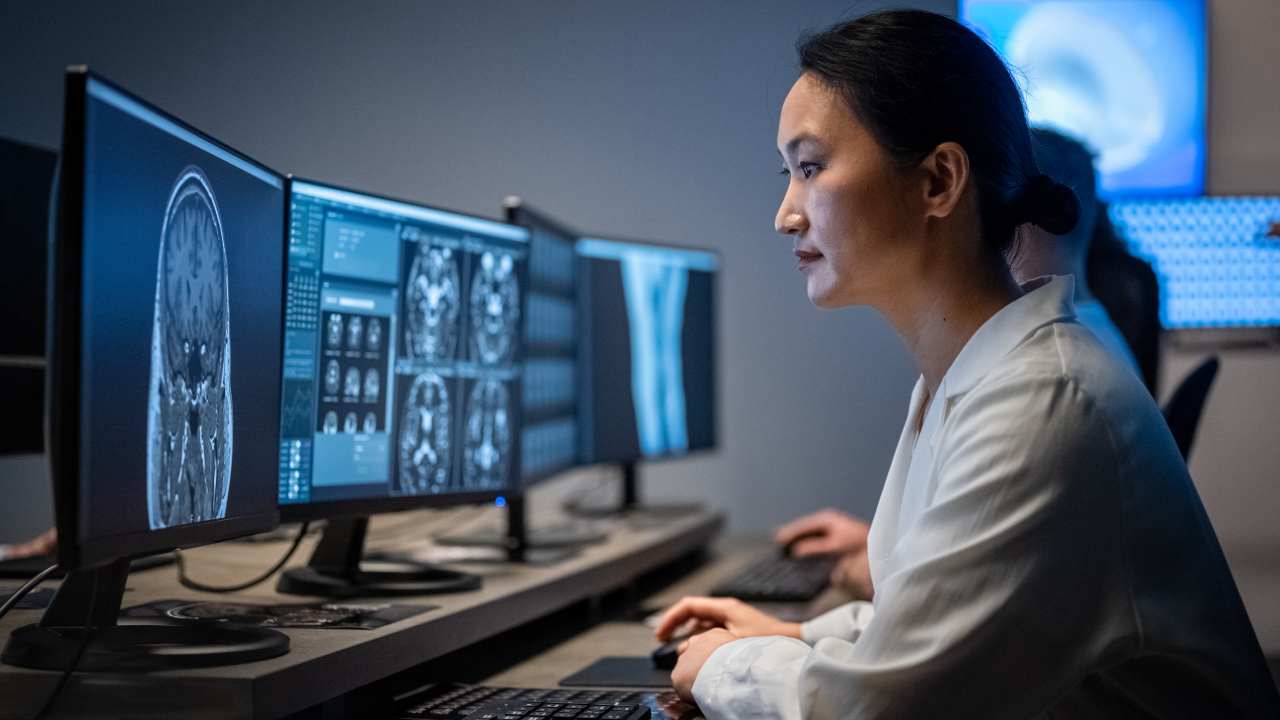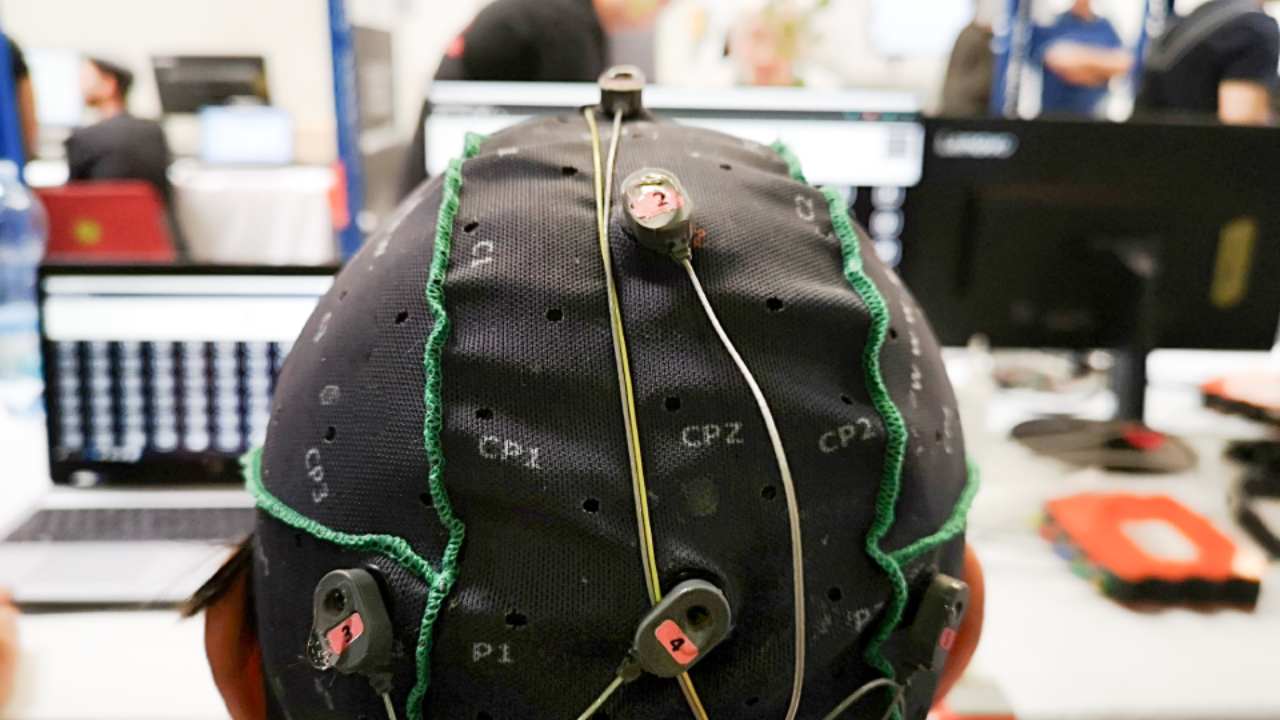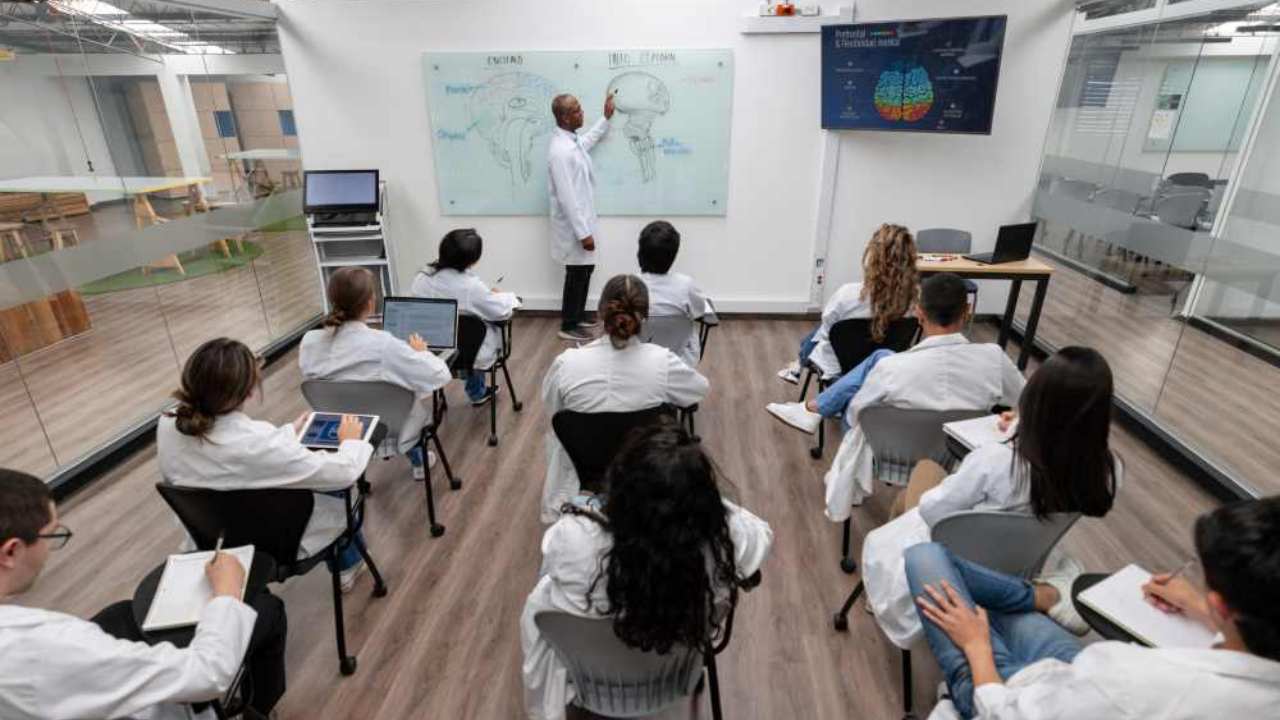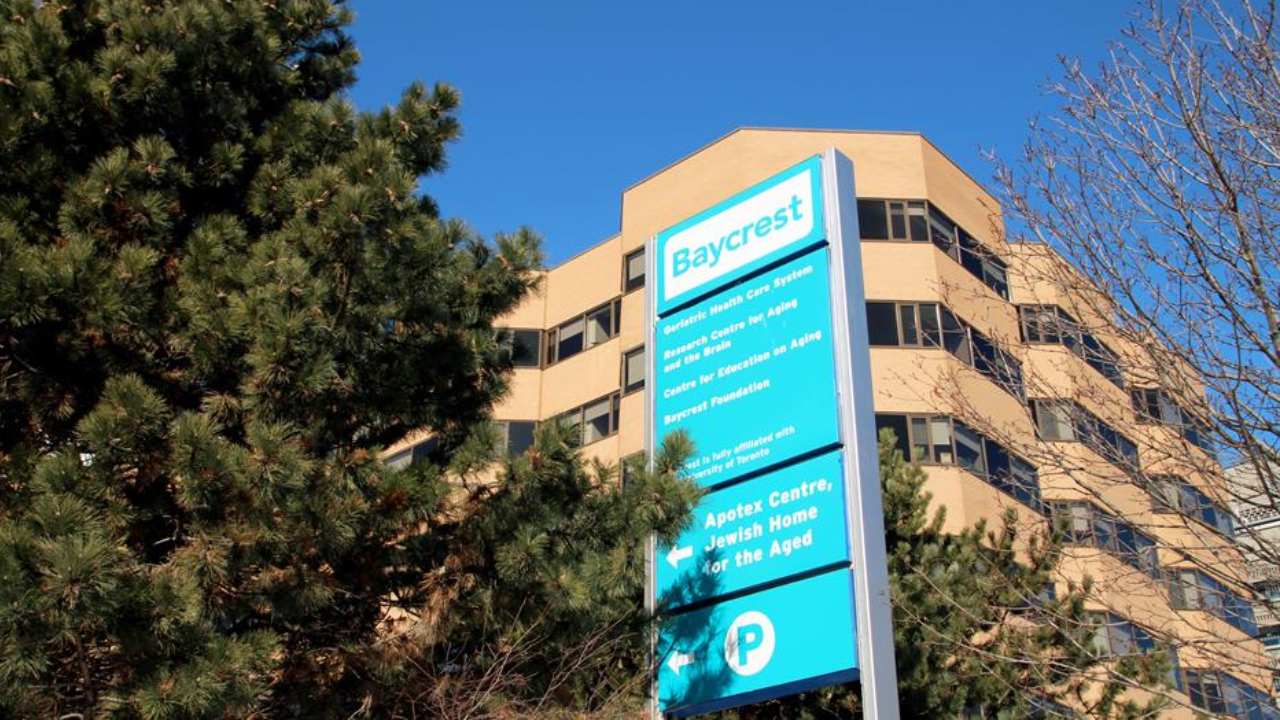
The answer to defeating dementia, Baycrest’s primary goal, lies in advanced research and subsequently in sharing accumulated knowledge with as many audiences as possible.
Research and education are the lifeblood of Baycrest and its staff. It sets Baycrest apart from other heath organizations and gives it its unique position as a global health leader.
Since last year, research and education has been led by the Baycrest Academy for Research and Education (BARE). It integrates the Rotman Research Institute and the Baycrest Centre for Education and is a powerhouse of excellence and expertise that combines the best of what Barycrest does.
“Baycrest Academy’s world-class scientists are leading visionary research to pioneer the future of aging and brain health, with predictive neuroscience for precision aging,” says Allison Sekuler, PhD, President & Chief Scientist at BARE and CABHI, and Sandra A. Rotman Chair in Cognitive Neuroscience.
“Our mission focuses on halting age-related cognitive decline through personalized prevention, early detection, ground-breaking treatments, and cutting-edge care strategies. Our dedication is fueled by a dynamic team of experts, staff, and trainees, committed to defying dementia worldwide. With the steadfast support of our community and donors, we’re not just aspiring to change the future; we’re on the path to making it a reality,” she adds.
Baycrest has been recognized at the #1 most research-intensive hospital in Canada. At any given time, scientists have several dozen ongoing research studies that promise to unlock the answers needed to ensure all adults live lives filled with purpose and inspiration.
Its renowned scientists and researchers are dedicated to advancing and sharing their knowledge of the brain and how it ages so they can develop new techniques to prevent, diagnose and treat dementia earlier, and discover innovations that advance care for people living with dementia. Many of the scientists and researchers at Baycrest are among the Top 2% Most Cited Scientists in the World, according to Stanford University.
“Carrying out research at Baycrest provides me with the opportunity to hear stories from older people, share ideas, and learn from leading researchers, care practitioners, students, and families in a range of everyday situations. As a Baycrest researcher I get to be involved in unique inter-disciplinary discussions and on-site applications of research across a range of practice settings. What I enjoy most is witnessing how the latest knowledge in brain studies and research on care can positively impact the lives and experiences of older people and their care partners,” says Amanda Grenier, PhD, Norman and Honey Schipper Chair in Gerontological Social Work, Professor, University of Toronto
On the education side activities are just as impressive. BARE produces numerous podcasts, videos, websites, and webinars, and disseminates information on other platforms. The goal is to spread awareness of dementia, teach people how to deal with it, prevent it, and reduce the stigma and loneliness that comes with it. Educational programs are produced for both health professionals and the public alike.
It’s a tall order for everyone involved. Everyone learns differently and needs different information at specific points of their health journeys. It’s why Baycrest educators work on so many platforms and have built a repository of knowledge that can be easily accessed and searched for specific needs.
Research at BARE focuses on four key areas related to brain health and aging
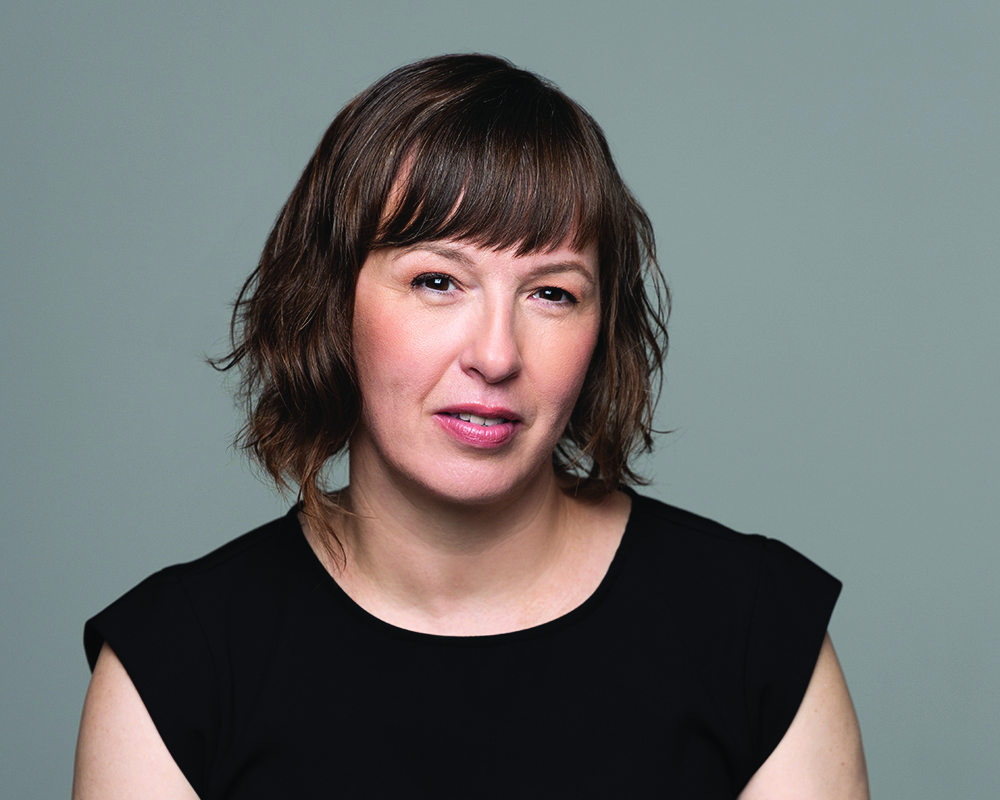
Dr. Amanda Grenier
Norman and Honey Schipper Chair in Gerontological Social Work
Professor, Factor Inwentash Faculty of Social Work, University of Toronto
Senior Scientist, Rotman Research Institute
Senior Scientist, Ben and Hilda Katz Inter-Professional Research Program in Geriatric & Dementia Care
Related Articles: Brain Matters, Research



